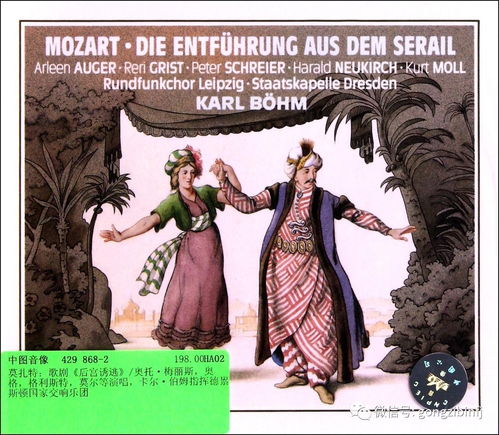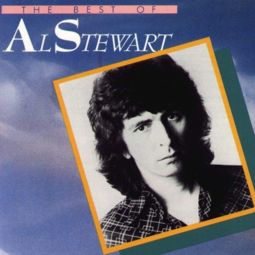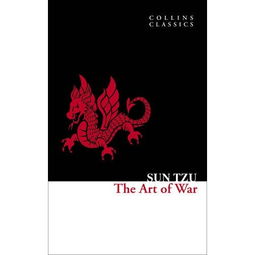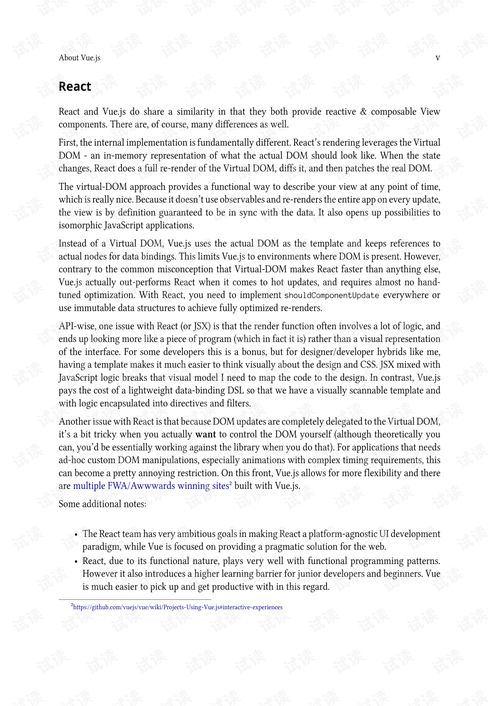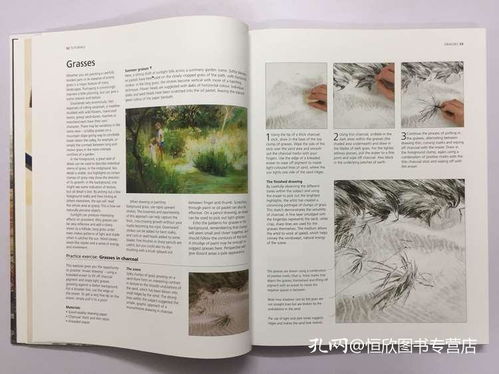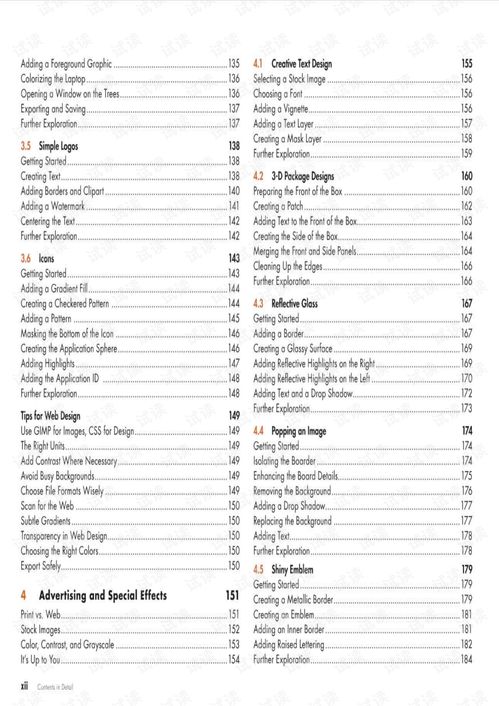Content:
In the world of fishing, the allure of the unknown is what keeps enthusiasts coming back for more. Whether you're a seasoned angler or a beginner looking to perfect your craft, having a well-thought-out plan can significantly enhance your fishing experience. This article delves into the intricacies of creating a "Creative Angler's Plan," focusing on the essential elements and techniques that can help you craft a guide that is both informative and engaging.
Understanding the Purpose of Your Plan
Before diving into the nitty-gritty of writing your plan, it's crucial to understand its purpose. A Creative Angler's Plan serves several functions:
- Educational Guide: It should provide valuable information about fishing techniques, equipment, and strategies.
- Inspiration: It should inspire readers to explore new fishing locations and methods.
- Personal Record: It can serve as a personal log of your fishing experiences, allowing you to reflect on your progress over time.
Choosing the Right Format
The format of your plan can vary depending on your target audience and the depth of information you wish to provide. Here are some common formats:
- Ebook: A comprehensive guide that can be easily shared and accessed on various devices.
- Blog Series: A series of articles that delve into specific aspects of fishing, making it suitable for both beginners and advanced anglers.
- Magazine Article: A concise piece that focuses on a particular fishing technique or location.
- YouTube Series: A visual guide that combines written content with video demonstrations.
Key Elements of a Creative Angler's Plan
Introduction: Start with an engaging introduction that captures the reader's interest. Introduce yourself, your passion for fishing, and the purpose of the plan.
Target Audience: Clearly define who your audience is. Are you targeting beginners, intermediate anglers, or experts? Tailoring your content to the audience's level of expertise is crucial.
Fishing Techniques:
- Bait Selection: Discuss the types of bait that are effective for different fish species and fishing environments.
- Tackle and Equipment: Provide a detailed list of equipment needed, including rods, reels, lines, hooks, and lures.
- Fishing Methods: Explain various fishing methods such as casting, still fishing, and fly fishing, along with their applications.
Location and Environment:

- Types of Water: Discuss different types of water bodies, such as rivers, lakes, and oceans, and the fish species they host.
- Seasonal Considerations: Highlight the best times of the year to fish at specific locations.
- Environmental Factors: Consider factors like weather, water temperature, and water flow that can affect fishing success.
Safety and Etiquette:
- Safety Precautions: Offer tips on staying safe while fishing, including how to handle equipment and fish safely.
- Fishing Etiquette: Discuss the importance of respecting the environment and other anglers, including the practice of catch-and-release.
Case Studies and Personal Experiences:
- Success Stories: Share personal anecdotes of successful fishing trips, highlighting the techniques and strategies used.
- Lessons Learned: Discuss challenges faced and how they were overcome, providing valuable insights for readers.
Conclusion: Summarize the key points of your plan and encourage readers to explore their own fishing adventures.
Writing Techniques
Use Clear and Concise Language: Avoid jargon and complex sentences that may confuse readers.
Incorporate Visuals: Use images, charts, and diagrams to illustrate your points and make the content more engaging.
Tell a Story: Weave personal experiences and anecdotes into your writing to make it more relatable and captivating.
Interactive Elements: Include interactive elements such as quizzes or fishing logs to encourage reader engagement.
SEO Optimization: If you're publishing your plan online, optimize it for search engines to increase its visibility.
By following these guidelines and incorporating the right techniques, you can create a Creative Angler's Plan that not only educates but also inspires. Whether you're sharing your knowledge with fellow anglers or looking to document your own fishing journey, a well-crafted plan will serve as a valuable resource for years to come. Happy fishing!
